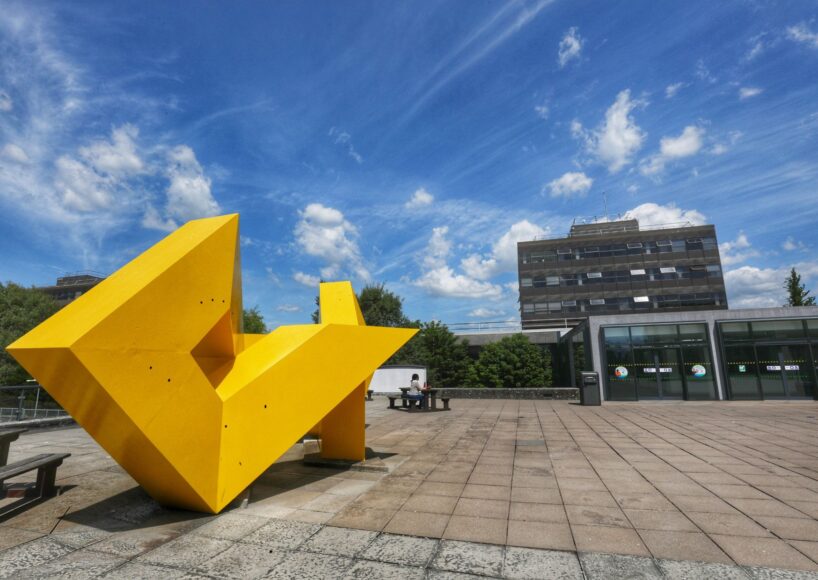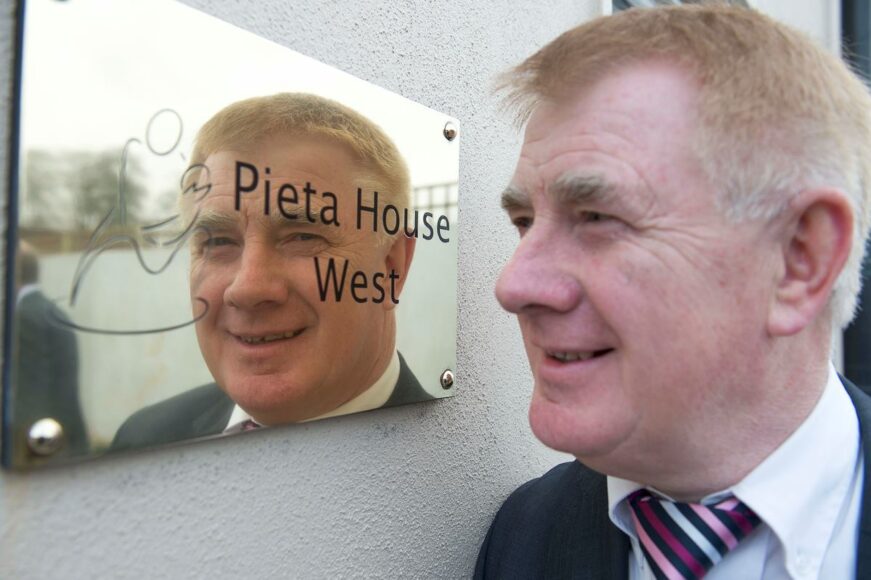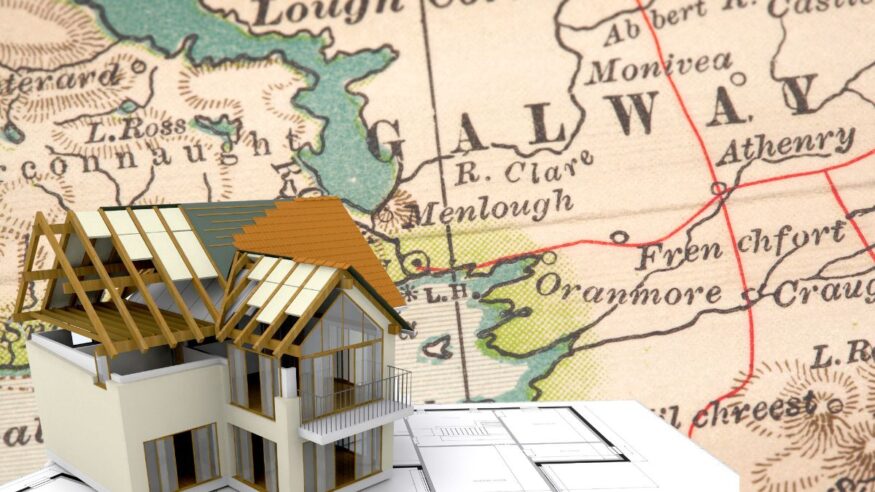26 May 2024
~4 minutes read
Five University of Galway Research Projects to receive nearly €6 million in funding for healthcare, climate and tech research

Five projects from the University of Galway are to benefit from funding announced this morning by Minister for Further and Higher Education, Research, Innovation and Science Patrick O’Donovan.
The 5 projects are part of 28 funding awards valued at €34 million to support research across seven Higher Education Institutions with the total funding for the University of Galway mearing €6 million.
The 28 awards issued nationally are of 4-5 years’ duration and will support 124 research positions including 58 postdoctoral positions, 53 PhD students and 13 research assistants and other positions.
This programme has been funded in collaboration with SEAI.
Alan Ryder
Downstream Protein Analysis – Polarized Emission Spectroscopy (Dpa-Pes).
Making protein-based treatments like vaccines, antibodies, and insulin, safely and in large volumes poses many challenges one of which is accurately measuring protein size, purity, and stability during manufacturing. Proteins are inherently sensitive and are easily damaged, reducing their therapeutic effectiveness and the biggest issues are when protein shape or size changes.
Here we will develop fast, inexpensive, non-destructive, and non-contact, light based techniques for measuring proteins during manufacturing. This novel DPA-PES measurement methodology exploits aspects of chemistry, physics, mathematics, and optics to better measure protein quality via their interaction with polarised light, ultimately leading to better quality medicines.
Sean Leen
Tailored Manufacturing For Safe, Sustainable Offshore Wind Turbine Support Structure Materials (Transforrm)
This project proposes to use a combination of laboratory testing and computer modelling to improve manufacturing processes for high temperature rolling and welding of steels for more sustainable, safe design of support structures for larger offshore wind turbines.
Computer models will be developed to determine the effect of the rolling and welding processes on through-thickness non-uniformity of mechanical properties, especially cracking due to fatigue. The models will be verified by experimental testing. Digital tools will be developed using these models and applied to design case studies for fixed and floating offshore wind turbine structures, to demonstrate the sustainability benefits.
Guangxue Wu
Alleviation Mechanisms And Microbial Interactions Induced By Conductive Materials In Sulphate-Stressed Anaerobic Digestion Ecosystems
Methane recovery from waste reduces the dependence on fossil fuel energy, fulfilling the Sustainable Development Goals. However, the existence of sulphate inhibits methane production, which can be alleviated by dosing conductive materials.
In this project, by combining advanced techniques from microbiology, engineering, and chemistry, underlying microbial mechanisms and interactions for methane production will be investigated with the dosage of conductive materials for alleviating sulphate inhibition. The outputs will provide knowledge for developing novel methane recovery biotechnologies from waste to protect our ecosystem and conserve of our natural resources.
Jurgita Ovadnevaite
Fingerprinting Climate Change And Air Pollutant Culprits (Epic-Air)
Atmospheric aerosol particles contribute to over 8 million premature deaths per year globally due to their important role in Climate Change and Air Quality. It is, therefore, crucial to understand the sources of these particles as well as to assess their impacts on human health and climate.
Our project will deploy sophisticated online instrumentation and develop new methods to allow the concurrent assessment of particle health and climate impacts. Moreover, the project will use models to evaluate how these toxic particles affect climate change and, in turn, how climate change impacts the properties of the particles.
Cynthia Coleman and Pilib Ó Broin
Midios: Microrna In Diabetic Osteopathy
Type 2 diabetes causes the sugar level in the blood to rise. Some people with type 2 diabetes experience changes in their bones, making the bone prone to fracturing. This project identifies new molecular treatments to protect the bones of someone with diabetes.
We will use computers to model how diabetes hurts the bone cells and identify treatments to intervene. We will use biology to measure how well the new therapies protect the bones in the diabetic environment. The findings of this project could help people living with type 2 diabetes, alleviating suffering and increasing quality of life.






